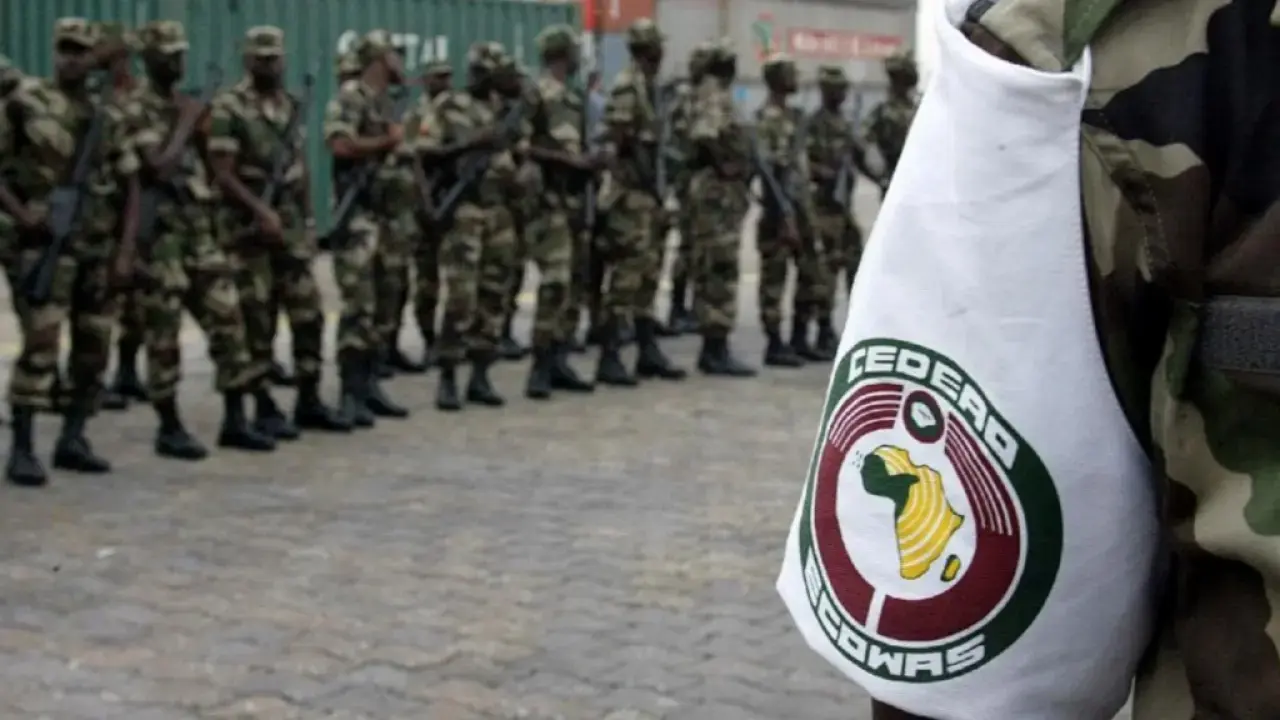
Just 18 months ago, the prospect of military intervention dominated discussions within the Economic Community of West African States (ECOWAS) as they confronted the military coup in Niger.
Now, a subtle shift is underway, with some ECOWAS members reaching out to the junta-led governments of Mali, Burkina Faso, and Niger, who have formed the Alliance of Sahel States (AES).
This shift in dynamics stems from a confluence of factors, including the growing influence of militant groups across the region and the increasing isolation of the AES countries within the West African landscape.
Togo, a key mediator in regional crises, has signaled a potential shift in its stance, with Foreign Minister Robert Dussey hinting at the possibility of Togo joining the AES.
Similarly, Ghana, under the leadership of newly elected President John Dramani Mahama, has shown signs of engaging more closely with the AES. The recent visit of Burkina Faso’s junta leader, Captain Ibrahim Traore, to Ghana is seen as a significant step in this direction.
This changing dynamic reflects a growing recognition among some ECOWAS members of the need to address the shared security challenges posed by militant groups, even as they grapple with the political and ideological differences with the juntas.
However, this shift in relations also presents significant challenges. The landlocked AES countries, particularly Niger, face significant economic hurdles due to their isolation from coastal trade routes.
The continued instability in the region and the growing influence of militant groups pose a significant threat to regional security and stability.
This evolving landscape underscores the complex and multifaceted nature of the political and security challenges facing West Africa today.
